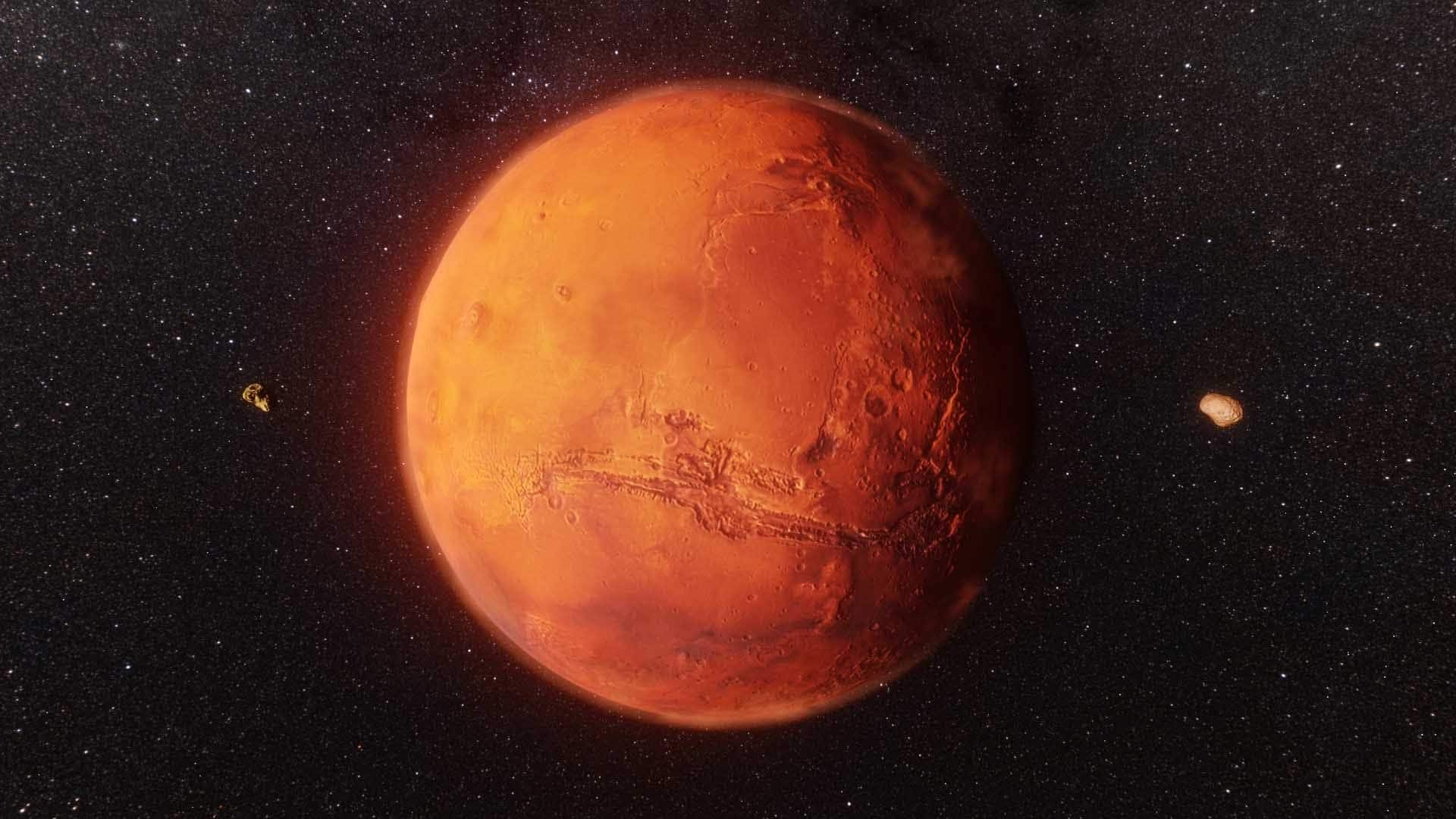
Did NASA kill life on Mars? Astrobiologist makes shocking claim
What's the story
Dirk Schulze-Makuch, a renowned astrobiologist from Berlin's Technische Universitat, has proposed a theory that NASA's Viking 1 mission could have inadvertently harmed potential life on Mars. Launched in 1975, the Viking 1 spacecraft was tasked with investigating the existence of life on the Red Planet. However, Schulze-Makuch's theory, published in Nature Astronomy, suggests that the very methods used in this exploration may have been detrimental to its objective.
Theory
Water introduction could be detrimental to Martian life
Schulze-Makuch's theory goes against the long-held scientific belief that water is key to finding life on Mars. He argues that because of Mars's extreme dryness, introducing liquid water could actually be detrimental to any potential life forms. This theory also questions the methods used in the Viking experiments in the 1970s, which involved the addition of water to Martian soil and seeing if it attracted life.
New approach
Salts could be key to finding life on Mars
Schulze-Makuch proposes that scientists should move their attention away from water and toward salts in the search for Martian life. He says that in extremely dry conditions, life can source water through salts that absorb moisture from the atmosphere. "Salts, and organisms with the help of the salts, can pull water directly from the atmosphere," Schulze-Makuch told Space.com.
Comparison
Mars's conditions mirrored in Earth's driest desert
To better understand conditions on Mars, Schulze-Makuch has studied life in the Atacama Desert, the driest nonpolar desert on Earth. He emphasized a phenomenon called hysteresis, where water gets trapped in salt for longer than anticipated due to resistance against crystallization. This process increases water activity at a microscopic level, making it more accessible to microbes, and could be key for life on Mars.
Adaptation
Potential life on Mars would still need water
Schulze-Makuch believes potential life on Mars would still need water, but salts could be key in the search. He also cited an incident from Atacama Desert where a sudden influx of water led to a significant die-off of indigenous bacteria.